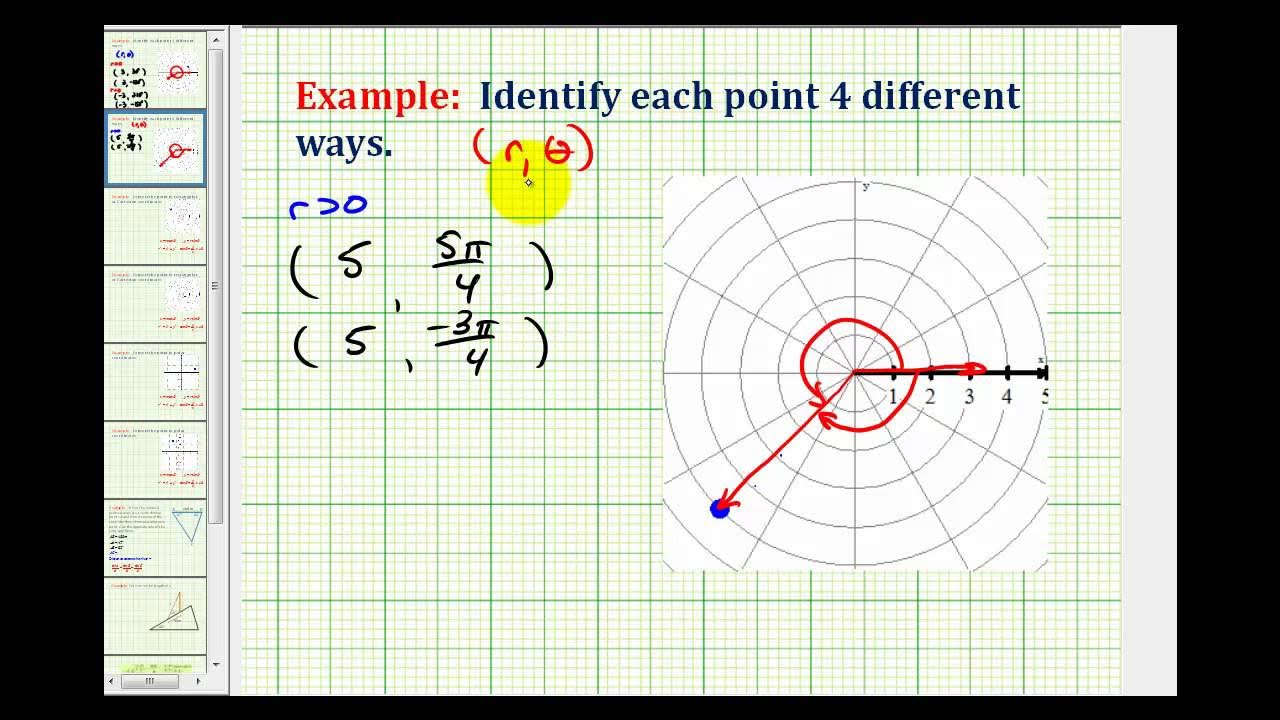Question Tags Part 2
Summary
TLDRThe video script provides an in-depth explanation of constructing question tags, focusing on how to convert positive sentences into negative ones and vice versa. Key grammar points covered include using auxiliary verbs like 'do' and 'does' with negations like 'never' and 'hardly,' forming questions for invitations with 'shall we,' and addressing commands with 'will you.' It also highlights special conditions for subjects like 'everyone' and 'I,' and emphasizes the importance of memorizing specific formulas for question tags. The content is tailored to help learners master the nuances of English grammar, specifically around question tags and auxiliary verbs.
Takeaways
- 😀 Never use 'never' in a sentence and follow it with another negative word like 'not' or 'nothing'. It makes the sentence already negative, so the question tag should be positive.
- 😀 When forming a question tag for a negative sentence with 'never', use the auxiliary 'do' or 'does' (depending on the subject) but don't add a second 'not'.
- 😀 Sentences with the word 'never' are negative, so the question tag should be positive, e.g., 'You never help me finish, do you?'
- 😀 For sentences that are suggestions or invitations, like 'Let's review the work', use 'Shall we?' because 'Let's' is a contraction of 'let us'.
- 😀 For imperative sentences, regardless of whether they are positive or negative, the question tag should always be 'Will you?'
- 😀 The question tag for an imperative sentence like 'Don’t show off the wrong data' is 'Will you?', as the imperative is directed at a single person.
- 😀 The structure for forming question tags involves converting negative sentences to positive ones. For example, for 'Everyone is here', use 'Are they?' instead of 'Is they?' because 'everyone' refers to 'they'.
- 😀 For sentences with 'I am', the question tag will always be 'aren’t I?', not 'am I?', because the structure 'I am' requires the 'are' auxiliary for the question tag.
- 😀 When referring to non-human subjects like 'everything', the question tag remains singular, e.g., 'Everything is fine, isn’t it?'
- 😀 The rules for question tags are specific and require memorization of special conditions like 'I am' and sentences with 'everyone' or 'everything', but in general, use the standard formulas.
Q & A
What does the speaker explain about the word 'never' in the context of question tags?
-'Never' is a negative word, so when it's used in a sentence, the question tag must be positive. For example, 'You never help me finish my job, do you?'
Why is 'do' used in the question tag 'Do you' for the sentence 'You never help me finish my job'?
-In the sentence 'You never help me finish my job', the verb is in its base form ('help'), so the auxiliary verb 'do' is needed to form the question tag, making the sentence grammatically correct.
What is the rule for forming question tags with imperative sentences?
-For imperative sentences, even if the sentence is positive or negative, the question tag will always use 'will you'. For example, 'Don't show off the wrong data, will you?'
How does the speaker explain the usage of 'shall we' in a sentence?
-'Shall we' is used in sentences that express a suggestion or invitation. For example, 'Let's review the work' can be rewritten as 'Shall we review the work?'
What is the significance of 'let's' in English and its connection to 'shall we'?
-'Let's' is a shortened form of 'let us', and 'let us' translates to 'shall we' when forming question tags for suggestions or invitations. So, 'Let's go' is equivalent to 'Shall we go?'
What happens when the subject of the sentence is 'everyone' or similar pronouns?
-When the subject is 'everyone', 'someone', 'somebody', etc., the question tag should use 'they' as the subject, followed by 'are'. For example, 'Everyone is here, aren't they?'
How do you form question tags for sentences that include 'I am'?
-For sentences that include 'I am', the question tag should be 'aren't I?', not 'am I?', which is a special rule in English grammar.
What does the speaker mean by 'special conditions' when forming question tags?
-The speaker refers to specific rules, such as using 'aren't I?' instead of 'am I?' and adjusting the verb forms based on the subject (e.g., 'everyone' becomes 'they'). These rules are exceptions to the general question tag formation.
Why is it important to understand how to form question tags correctly?
-Correctly forming question tags ensures that sentences are grammatically accurate and sound natural in English. It helps with clarity in both formal and informal communication.
What should be done after watching the video as instructed by the speaker?
-The speaker instructs viewers to immediately complete the exercises provided after watching the video. This helps reinforce the concepts discussed in the lesson.
Outlines

Cette section est réservée aux utilisateurs payants. Améliorez votre compte pour accéder à cette section.
Améliorer maintenantMindmap

Cette section est réservée aux utilisateurs payants. Améliorez votre compte pour accéder à cette section.
Améliorer maintenantKeywords

Cette section est réservée aux utilisateurs payants. Améliorez votre compte pour accéder à cette section.
Améliorer maintenantHighlights

Cette section est réservée aux utilisateurs payants. Améliorez votre compte pour accéder à cette section.
Améliorer maintenantTranscripts

Cette section est réservée aux utilisateurs payants. Améliorez votre compte pour accéder à cette section.
Améliorer maintenantVoir Plus de Vidéos Connexes
5.0 / 5 (0 votes)






